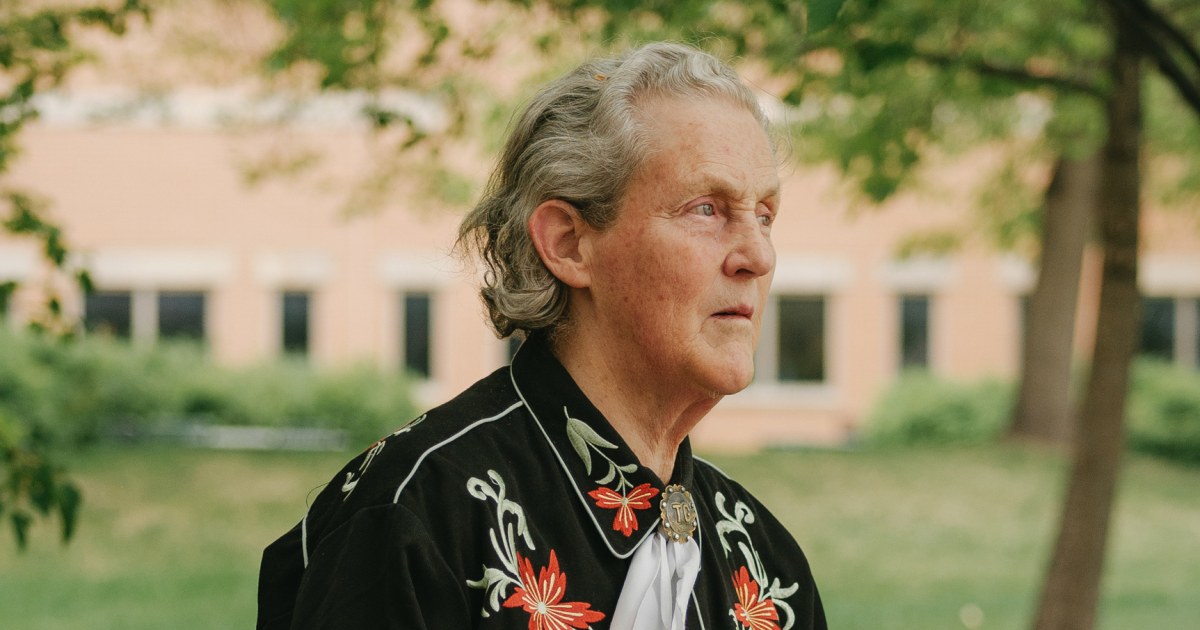Temple Grandin Speaks Out: A Crucial Voice in the National Autism Dialogue
As autism awareness grows nationwide, Dr. Temple Grandin—celebrated animal scientist, author, and autism advocate—has emerged as a pivotal voice in reshaping the conversation. In recent interviews and public appearances, Grandin emphasized the urgent need for neurodiversity acceptance, tailored education, and workplace inclusion. Her firsthand experience as an autistic woman lends unparalleled credibility to her call for societal change.
The Power of Lived Experience in Autism Advocacy
Grandin, now 76, rose to prominence not only for revolutionizing livestock handling systems but also for articulating the autistic perspective in her groundbreaking books, including Thinking in Pictures. “Autism is part of who I am, not something to be cured,” she stated during a March 2024 keynote at the National Autism Conference. “We need to focus on building strengths rather than just treating deficits.”
Recent CDC data underscores the timeliness of her message:
- 1 in 36 U.S. children are now diagnosed with autism spectrum disorder (ASD), up from 1 in 44 in 2018
- Only 21.7% of autistic adults are employed, per a 2023 Drexel University study
- 85% of college-educated autistic adults are underemployed, often in roles below their qualifications
Rethinking Autism Education and Employment
Grandin challenges conventional approaches to autism support, advocating for:
- Early skill development: “Expose kids to work experiences by age 12—whether it’s walking dogs or coding.”
- Diverse learning styles: “Not every autistic person needs college. Trade schools offer excellent pathways.”
- Employer education: “Companies miss talent by not understanding sensory-friendly workplaces.”
Dr. John Elder Robison, neurodiversity scholar at William & Mary, agrees: “Temple’s emphasis on practical preparation bridges the gap between diagnosis and adulthood. Too many programs stop at childhood intervention.”
Balancing Perspectives in the Neurodiversity Movement
While Grandin’s views resonate widely, some advocates urge caution. Shannon Des Roches Rosa, senior editor at Thinking Person’s Guide to Autism, notes: “Temple’s success story is inspirational but doesn’t reflect all autistic experiences. We must also listen to nonverbal individuals and those with higher support needs.”
This tension reflects broader debates within the autism community:
- Self-advocates emphasize acceptance over cure
- Parents often prioritize therapies and services
- Researchers seek middle ground through evidence-based supports
The Future of Autism Inclusion
Grandin remains optimistic about progress, citing emerging trends:
- Fortune 500 companies like Microsoft and SAP actively recruit neurodiverse talent
- 35 states now mandate autism insurance coverage—up from 12 in 2010
- VR job training programs show 72% success rates in preparing autistic adults for employment
However, she stresses unfinished work: “We’ve made strides in early diagnosis, but adult services remain fragmented. That’s where energy needs to shift next.”
Call to Action: How Society Can Respond
Grandin’s message culminates in actionable steps for various stakeholders:
- Educators: Implement hands-on learning and social skills training
- Employers: Adapt hiring processes (e.g., replacing group interviews with work samples)
- Families: Focus on developing independence skills early
“The worst thing we can do is underestimate potential,” Grandin concludes. “When I was young, they said I’d never speak. Today, I’ve given TED Talks viewed by millions. Imagine what others could achieve with the right opportunities.”
For those seeking to deepen their understanding, Grandin’s latest book Visual Thinking: The Hidden Gifts of People Who Think in Pictures, Patterns, and Abstractions (2022) offers further insights into neurodiverse cognition. As the national dialogue evolves, her voice continues to shape policies and perceptions, proving that autism awareness is just the beginning—true acceptance requires systemic change.
See more WebMD Network



